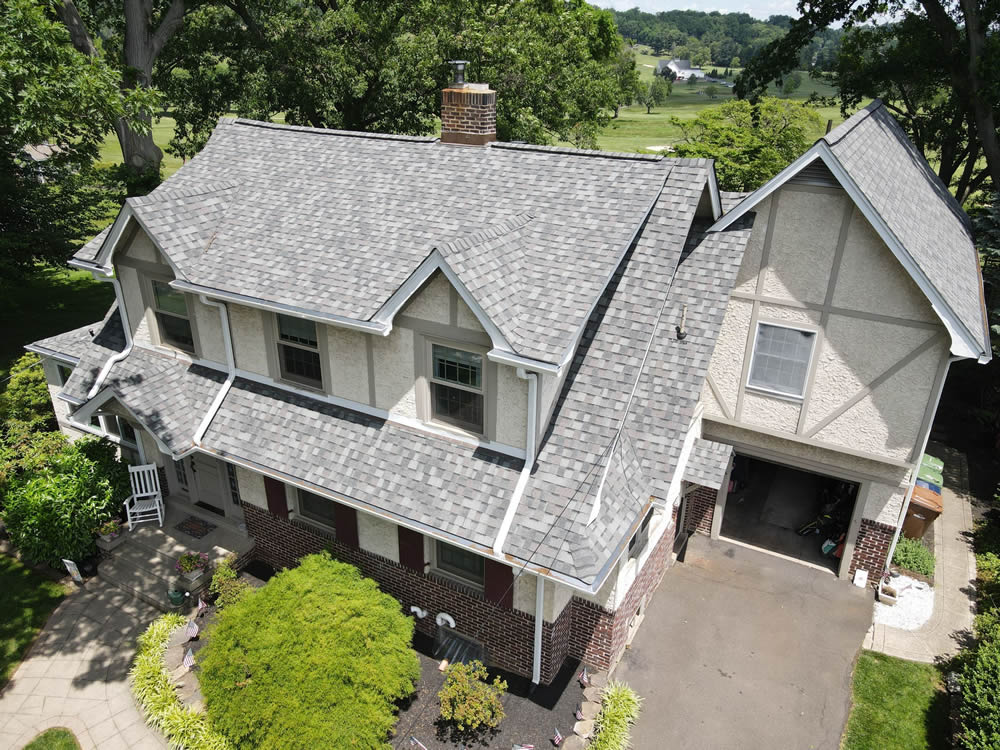
The type of roofing material used is another critical factor that affects the duration of the installation process. Different roofing materials have different installation requirements, which can affect the time it takes to install the roof. For instance, asphalt shingles are the most common roofing materials used in residential homes. They are relatively easy to install and can be completed within a few days. On the other hand, metal roofs, tile roofs, and slate roofs require more time and labor to install, which can extend the duration of the project.
The complexity of the installation process can also affect the duration of the project. Roofs that have multiple valleys, skylights, chimneys, or other features that require special attention can take longer to install. Moreover, if the roof has significant damage, it may require additional repairs before the installation can begin, which can add to the duration of the project.
In conclusion, the duration of a roof installation project depends on several factors, including the size of the roof, the materials used, weather conditions, and the complexity of the installation process. While a typical residential roof installation can take anywhere from one day to several weeks, with proper planning, preparation, and execution, most roof installations can be completed within a few days, provided the weather is favorable and there are no unforeseen delays.
It is crucial to work with a reputable roofing contractor who can provide you with a realistic timeline for the project and keep you informed throughout the installation process if you plan to install a new roof. This way, you can ensure that the roof installation is completed efficiently and effectively, and that the project is completed within the expected timeframe.

